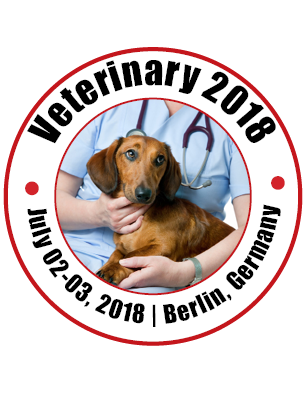U Spancerniene
Lithuanian University of Health Sciences, Lithuania
Title: Hepatitis E virus genotype three isolated from Lithuanian pigs and wildlife
Biography
Biography: U Spancerniene
Abstract
Hepatitis E Virus (HEV) is the causative agent of hepatitis E in humans, an emerging zoonosis mainly transmitted via food or close contact with infected animals in developed countries and for which domestic pigs, wild boar and deer are recognised as the plausible reservoirs. We aimed to investigate the prevalence and molecular characterization of zoonotic HEV strains in Lithuanian domestic pigs and wildlife populations. In order to identify the direct prevalence of zoonotic HEV strains in animals destinated for human consumption, markers for ongoing infection were evaluated by nested reverse transcription polymerase chain reaction. In this study, 20.9% of pigs, 15.95% of wild boar, 13.33% of roe deer, 6.67% of red deer and 7.69% of moose samples were tested as HEV positive with the open reading frame (ORF) 1 primers, whereas only 14.43% of pigs samples, 10% of wild boars and 8.33% of roe deer samples scored positive with the ORF2 primers. Phylogenetic tree revealed that Lithuanian HEV sequences were assigned to genotype 3 and clustered within subtype 3i in wild boars and roe deers, meanwhile subtype 3f has been noticed in domestic pigs. Present findings demonstrate that markers for ongoing infection confirmed prevalence of HEV in pigs, wild boar and roe deer population thus highlight significant concern of zoonotic virus transmission for human through food chain or direct contact with wildlife.

